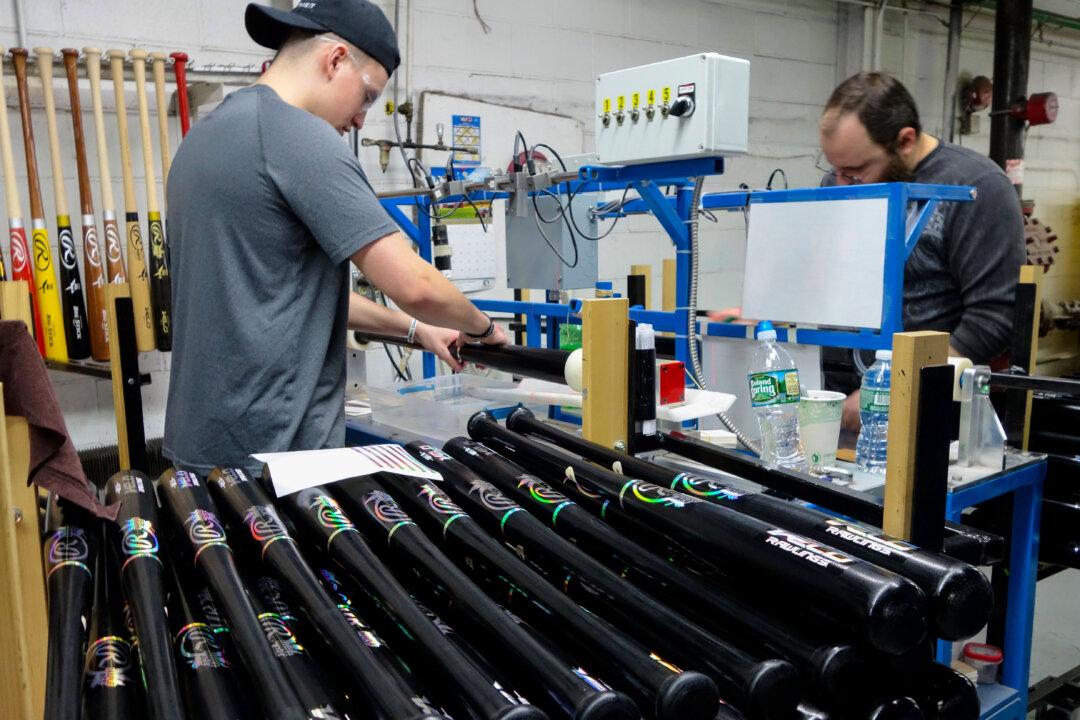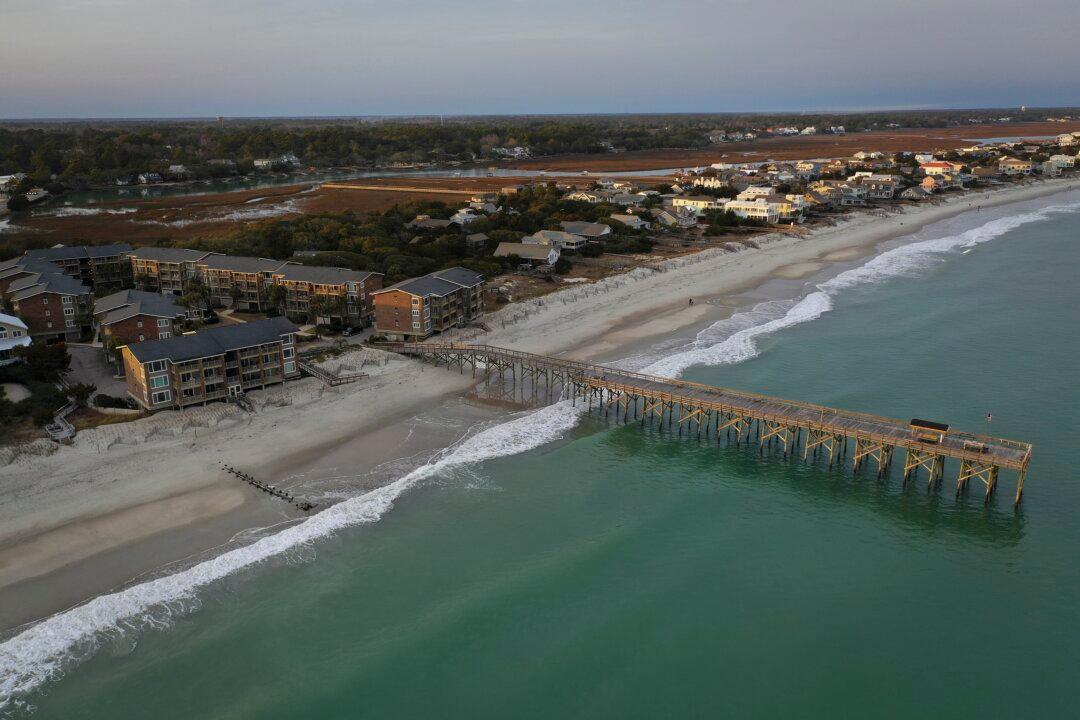A key indicator for business conditions in New York state, the first Empire State Manufacturing Index of 2025, has shown a surprisingly negative outlook after an upswing at the end of 2024. While some believe the situation will improve later in the year, some worry about the negative fallout from increased state regulations.
The January manufacturing index, released by the Federal Reserve Bank of New York, fell to minus 12.6 after registering a positive 2.1 in December 2024, ending momentum gained since the November 2024 elections. Monthly readings below zero suggest that manufacturing activity in the state has contracted, putting a pall on predictions from those who had hoped for 2025 to start with increased activity. Even more concerning was that the forecasted January number was a positive 2.7.





